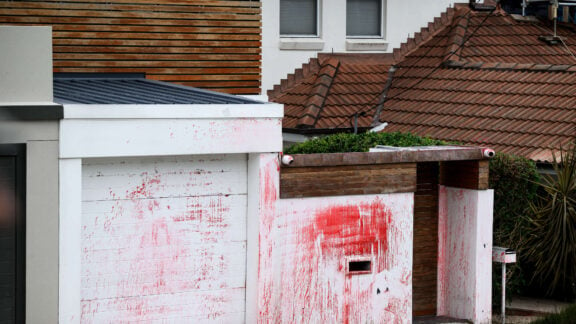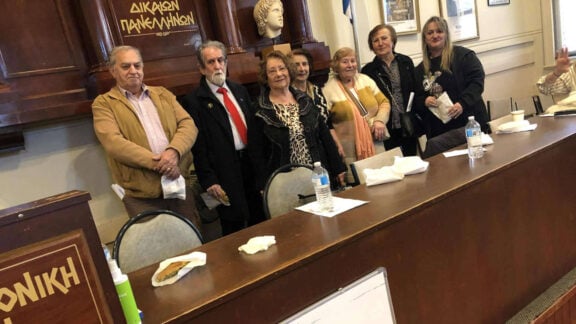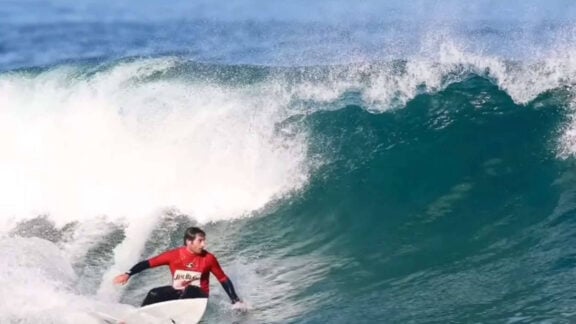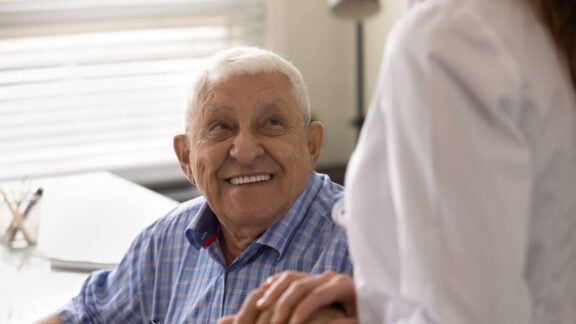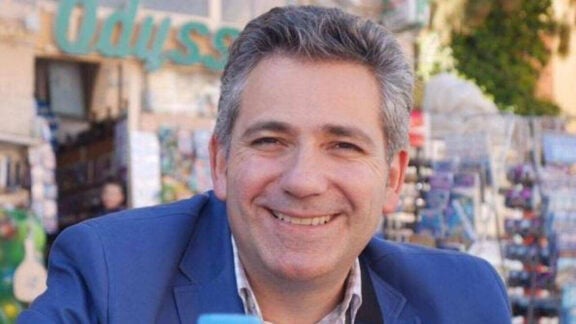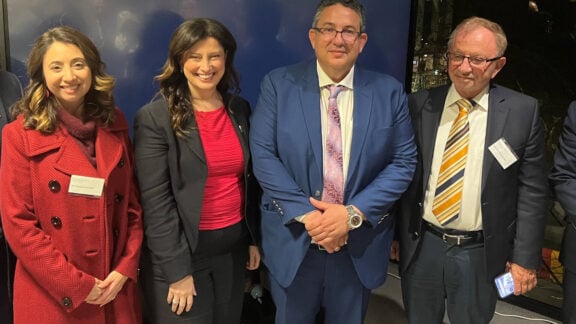Tilos, a tiny island in Greece, recently made headlines for its efforts to become a zero-waste island, and its commitment to sustainable living has inspired many including Apo Island in the Philippines and the Danish island of Bornholm.
It is the first island in Greece to rely entirely on renewable energy, mainly solar power, and 80 per cent of its waste is now recycled; an example Australian organisations are looking to follow.
With a population of 500 people, Tilos island is a place that has managed to preserve its natural beauty and charm over the years.

Going zero waste is not an easy feat, but Tilos has taken several steps to achieve this goal, that Zero Waste Australia is looking to draw inspiration from to curb unsustainable waste management systems and low recycling rates.
“Australia has got some very embarrassing statistics. We are big consumers of plastic and big generators of plastic waste,” Zero Waste Australia’s Jane Bremmer told SBS News.
“We also don’t have a very sophisticated waste management system and so we use resources well beyond our ecological footprints. Australia has a lot of room for improvement.”

Australia has such a wealth of resources and we’ve never faced the kind of restrictions that a Greek island or landlocked European country has had to face.”
The Australian organisation reportedly studied the model in Tilos where waste is being removed from the island for sorting rather than incinerated on site.
“What this island appears to be doing really well is investing in how they collect, sort and manage their waste into the cleanest waste streams that they can produce. That’s the goal of zero waste,” said Bremmer.
For Tilos, the first step was to eliminate single-use plastic bags, straws, and bottles. The island’s shops and restaurants have replaced these items with reusable alternatives. Visitors are encouraged to bring their reusable bags and water bottles, and they can refill their bottles at water stations throughout the island.
According to Planet Ark, Tilos resident Eirini Chatzifounta joined the Just Go Zero program to help educate locals on sorting their waste ready for collection.
The process to engage the community involved knocking on everyone’s door between 4-6 times. This personal, community approach combined with commitment by the collection drivers to slow down, answer questions and be as helpful as possible has engaged the local community and inspired new friendships.
Many elderly residents who don’t have a lot of contact with others now have the opportunity for a friendly chat with waste collectors several times a week as they weigh, tag and log their rubbish.

Another important aspect of going zero waste is composting. Tilos has introduced a composting program, which helps reduce waste and provides natural fertilizer for the island’s gardens and farms. The program has been a success, and it has also helped to educate locals and visitors about the importance of reducing food waste.
In December 2021, Tilos started a program with Polygreen to recover and recycle all waste with the aim of hitting net zero. Even though it’s a small island, significant changes and education were required to raise awareness and gain buy-in for the new system.
Tilos is also working to reduce its carbon footprint. The island has invested in renewable energy sources, such as wind turbines and solar panels. This has helped to reduce the island’s reliance on fossil fuels and has made Tilos a more sustainable place to live and visit.
The local government is committed to preserving Tilos’ natural beauty and has introduced several measures to protect the environment. For example, the island has implemented strict fishing regulations to protect its marine life, and it has banned the use of motorised watercraft in some areas.
The efforts of Tilos to become a zero-waste island have not gone unnoticed. The island has won several awards for its sustainability initiatives, and it has become a model for other communities looking to reduce their environmental impact.
The island landfill that regularly emitted smoke as it burnt has been shut down and replaced with a Centre for Circular Innovation. At the centre, organic waste is shredded and composted before being released back to locals for use as fertiliser. All recoverable materials are sold and shipped in bulk to recycling companies in Athens.
In addition to its commitment to sustainability, Tilos is a beautiful place to visit. The island has stunning beaches, crystal-clear waters, and charming villages. Visitors can explore the island’s ancient ruins, hike through its hills and valleys, and enjoy delicious Greek cuisine in its restaurants.


